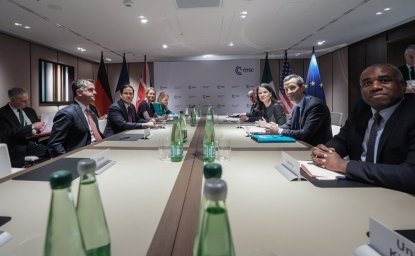Forced African Migration to the U.S. Through the Lens of Memory Studies
Against the backdrop of the 400th anniversary of forced African migration in the US, in this edition of Wilson Center NOW we speak with Arnaud Kurze, Wilson Center Global Fellow, and Vjeran Pavlakovic, a former Wilson Center Fellow, who reflect on US memory politics and the responsibility to reckon with one of the country’s dark chapters in history.











